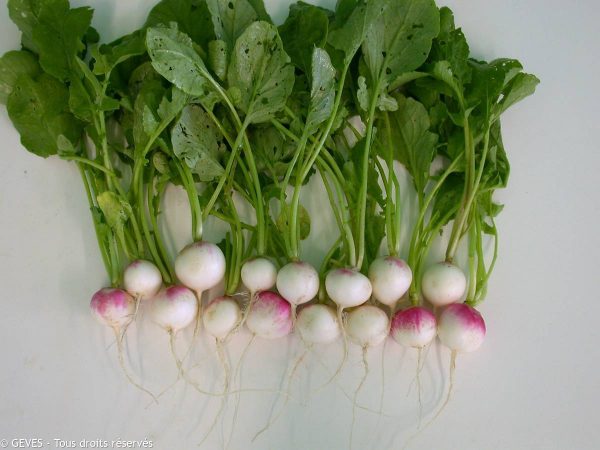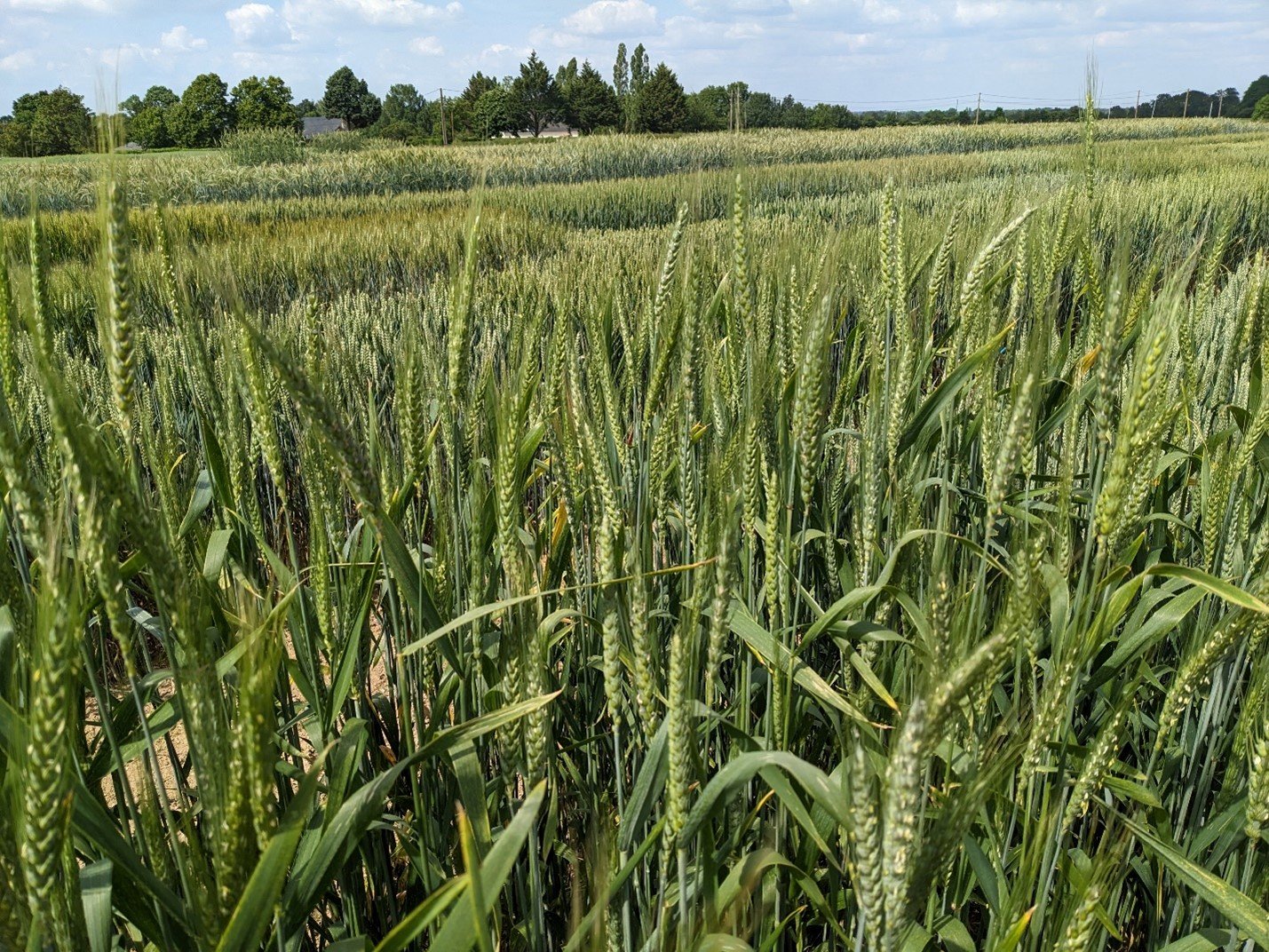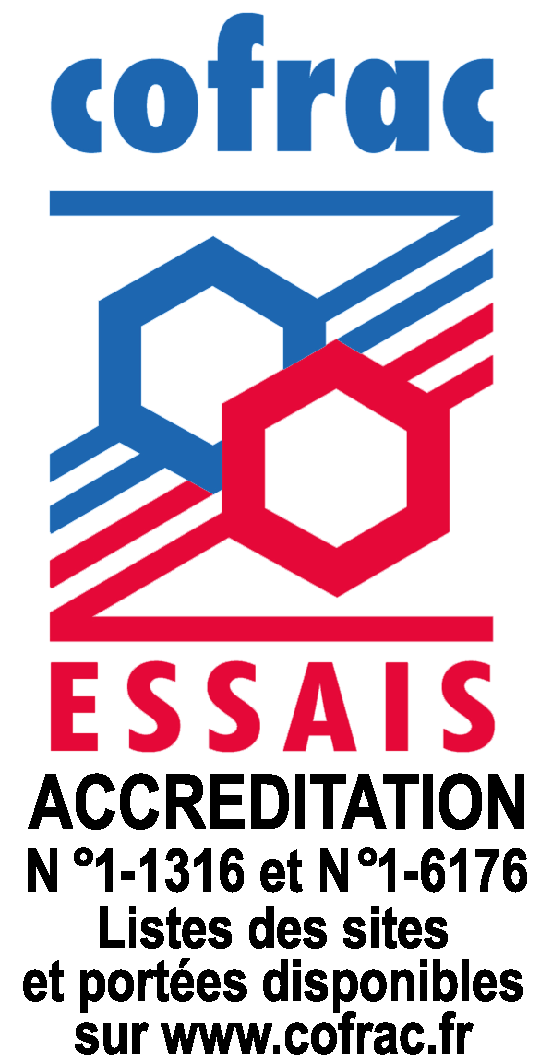
From the CTPS Vegetables Section
At its meeting on 27 March 2024, the CTPS ‘Vegetable Species’ Section approved the proposed registration on list a of 8 varieties (cauliflower, shallot, endive and pepper) and, subject to confirmation of the characteristics to be observed during bolting in spring 2024, will propose the registration on list a of 9 other varieties (cauliflower and leek) this summer. In addition to the annual report on the official variety controls carried out last year and the many R&D projects on genetic resistance to disease, this March meeting of the Vegetables Section was marked by an exchange with the Interprofessional Melon Association on the desire to change the name on the stalls of the type of melon most consumed in France, “Melon Charentais”, on the Section’s contributions to the CTPS Scientific Committee’s discussions on the current referral on climate change, and lastly on the negotiations underway on the future European regulatory framework for the registration of vegetable varieties.
As usual, the March meeting of the DUS Section examines the dossiers finalised since the December Section meeting, representing some forty varieties for the March 2024 Section (cauliflower, shallot, endive, lettuce, chilli pepper and leek), including 8 that have been proposed for registration. The Section is also informed of all the results of maintenance controls carried out in 2023. This type of inspection on registered varieties is used to validate their stability and therefore their continued inclusion in the Catalogue. This type of inspection, externalised to GEVES, validates the quality of maintenance carried out by seed companies.
With regard to a project expressed by the profession to change the name of the Charentais melon type, the Section heard a presentation by the representative of the Interprofessional Melon Association, who recalled the origin of this request for evolution and the work undertaken by the sector in this direction. In line with the position it took on the matter at the March 2023 Section meeting, the Section reiterated its wish to maintain the name of this type of melon with heritage value, since this type was selected during the Renaissance in the Charentes region and is now the main type consumed in France, regardless of its production origin (France, Spain, Morocco, etc.). The Section considered that this issue should be the subject of further discussions between the AIM and the DGCCRF in order to determine how to deliver information that is not misleading for French consumers, thereby protecting the name of this typology.
With regard to the Section’s contributions to the CTPS Scientific Committee’s reflections on the current referral on climate change, the inventory of the impacts of climate change may be significant in view of the diversity of vegetable species and the sometimes highly diversified vegetable production itineraries in France and also in the European Union, where a number of varieties listed in the French Catalogue are also cultivated. The effects of climate change can also be contrasted: lack or excess of rainfall depending on the season or region, low temperatures in spring after a mild winter (spring 2024) but also very high temperatures in summer. As for pathogens, which have been the focus of selection work via genetic resistance for around fifteen vegetable species over the last forty years, they could develop for those already present (particularly in greenhouses) or new ones appearing in the European Union. Extreme weather phenomena such as hail and thunderstorms are expected to be more frequent, but with varying effects on crops depending on the region and whether they are protected under cover or in the open field. Rising temperatures could be accompanied by an acceleration in crop cycles, with disruption to the marketing periods for harvested produce and potentially also to its quality. As far as the contribution of varieties to mitigating climate change is concerned, few vegetable crops are perennial or long-cycle, which means they can store carbon. However, given the expected irregularity of rainfall in certain traditional vegetable-growing regions, the development of root systems, particularly in cabbage, is already a selection criterion. Finally, while the varietal level is not the only criterion for adapting crops to climate change, the association of species in space (strip cropping in particular) is an avenue for research as part of the agro-ecological transition.
With regard to the future regulatory framework for the registration of vegetable varieties, discussions at this Section meeting focused on changes to the list of species for vegetable use subject to registration in the Catalogue: since the previous regulatory framework was adopted 20 years ago, vegetable uses have developed, either from species newly introduced into the European Union (mizuna), or from moderately developed species (lentil, parsnip, chickpea, rocket in particular), or from species previously grown for use in animal feed (rutabaga, edamame soya). Supported by proposals from the CTPS, the French Ministry of Agriculture has taken this type of change to the list of species that may be subject to compulsory registration to the European discussions, in the light of developments in the industry and to provide better support for them. The main new feature of the text proposed by the European Commission in July 2023 on the registration of vegetable varieties is the evaluation of the value for cultivation and sustainable use (VCSU) as an additional criterion to the DUS studies. If the VCSU were to be carried out in the same way as a VSCU study today for field crop species, the cost of obtaining VCSU data would be very high, given the diversity of vegetable species and the highly segmented growing conditions for many vegetable species. The CTPS Vegetable Species Section has explored the principle of having VCSU evaluated by the regional stations already carrying out this type of study today, prior to registration or during registration studies, thus formalising this work carried out by the profession as close as possible to the growing segments. For species or crop niches without such an evaluation carried out by regional stations, the CTPS Section proposed that the data supplied by the applicant could be taken into consideration. A descriptive evaluation of the VCSU would thus make it possible to disseminate use value information to market gardeners and their prescribers in a broader way than at present. This VCSU evaluation scheme was tested in several French sectors (melon, cauliflower, bean) during the winter of 2023/24 and was well received. However, the text adopted by the European Parliament on 24/04 validated a voluntary evaluation of the VCSU. Discussions will continue within the CTPS “Vegetable Species” Section to support the position of the French authorities. In reaction to the voluntary nature of the VCSU adopted by the European Parliament, COPA and COGECA, on behalf of farmers and cooperatives in the European Union, have expressed the need to test the sustainability criteria at a time when the consequences of climate change are increasingly being felt by European farmers.





